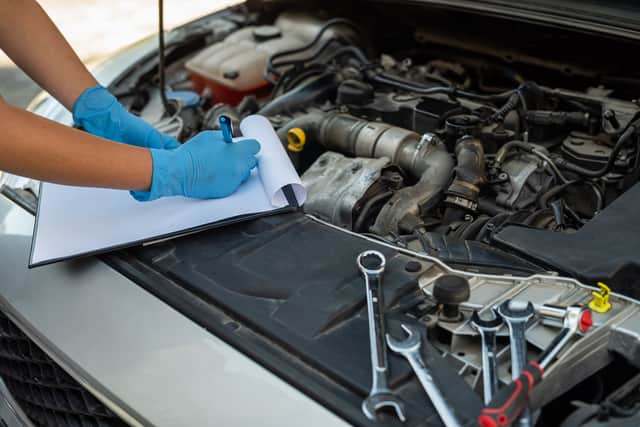Annual MOT could be scrapped: Consultation opens on proposal for biennial vehicle test, saving motorists £100m
and live on Freeview channel 276
The Department for Transport (DfT) has launched a public consultation that could change the future for MOTs in the country. The outcome of this could lead to owners getting MOTs every two years rather than one.
While this could help thousands of people save hundreds of pounds by requiring a biennial MOT, there are fears it could lead to more unsafe cars on the road. The Government’s assessment has projected the change could see motorists save around £100 million a year, as the cost of living crisis rages on.
Advertisement
Hide AdAdvertisement
Hide AdAccording to Thisismoney, One concern shared is that there could potentially be at least thousands of cars, vans, and motorbikes on the road with brakes and tyres which do not meet minimum legal requirements. There are also concerns the move would have a negative impact on the garages who carry out the annual checks.
New cars could also be impacted, with the first MOT coming after four years instead of three. On the government website, they say “With the number of casualties in car collisions due to vehicle defects remaining low, government analysis shows the change from 3 to 4 years for the first MOT should not impact road safety.”
Electric Vehicles (EV) have also been considered, with the government saying “the consultation will consider whether electric vehicles’ batteries should be tested to improve the safety and reliability of EVs.”


MOTs were first introduced in 1960, and have been tweaked multiple times since their inception. The latest change came in 2018 when three new defect categories were introduced: minor; major; dangerous. The two latter defect types automatically result in a failed test.
